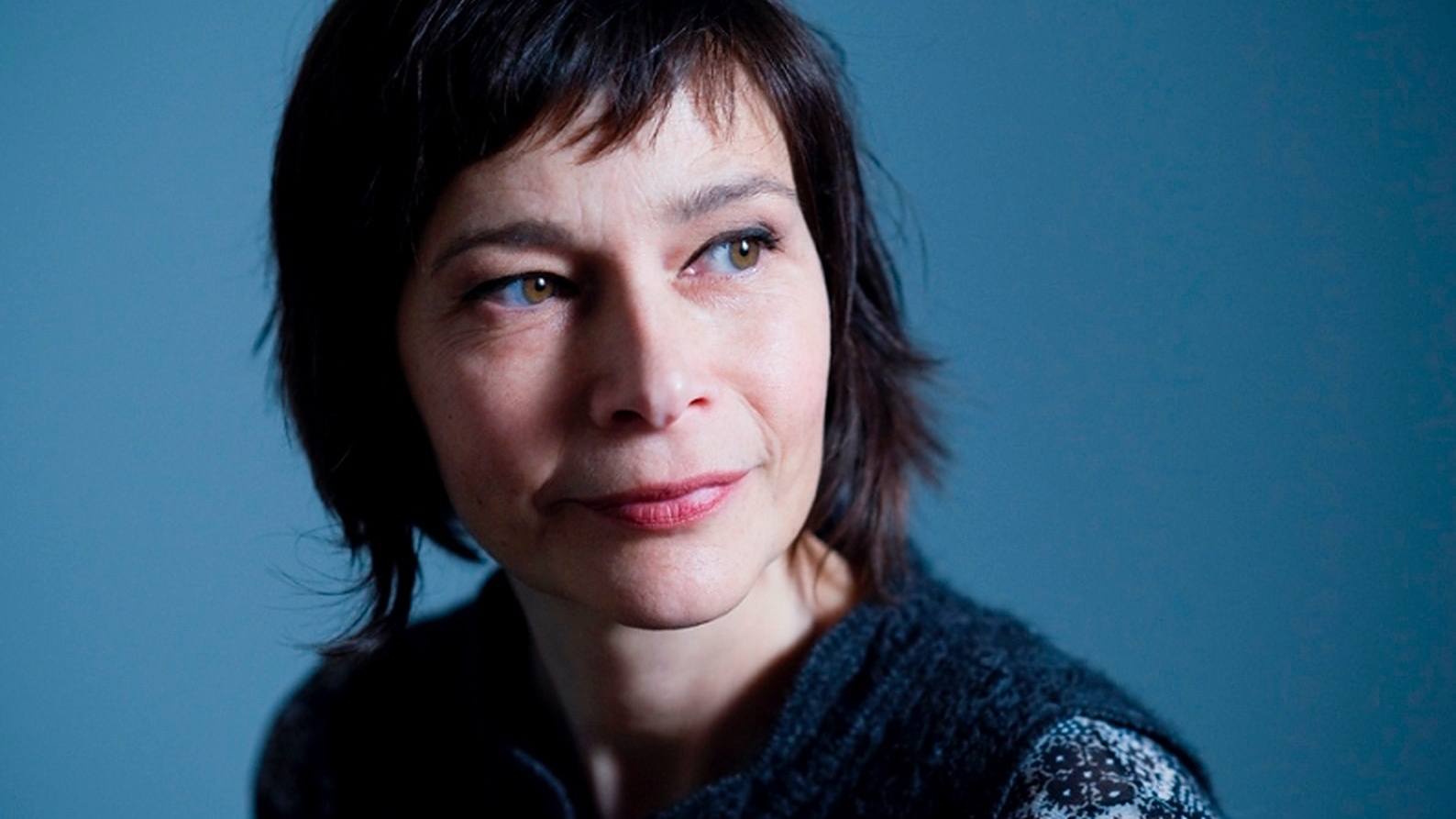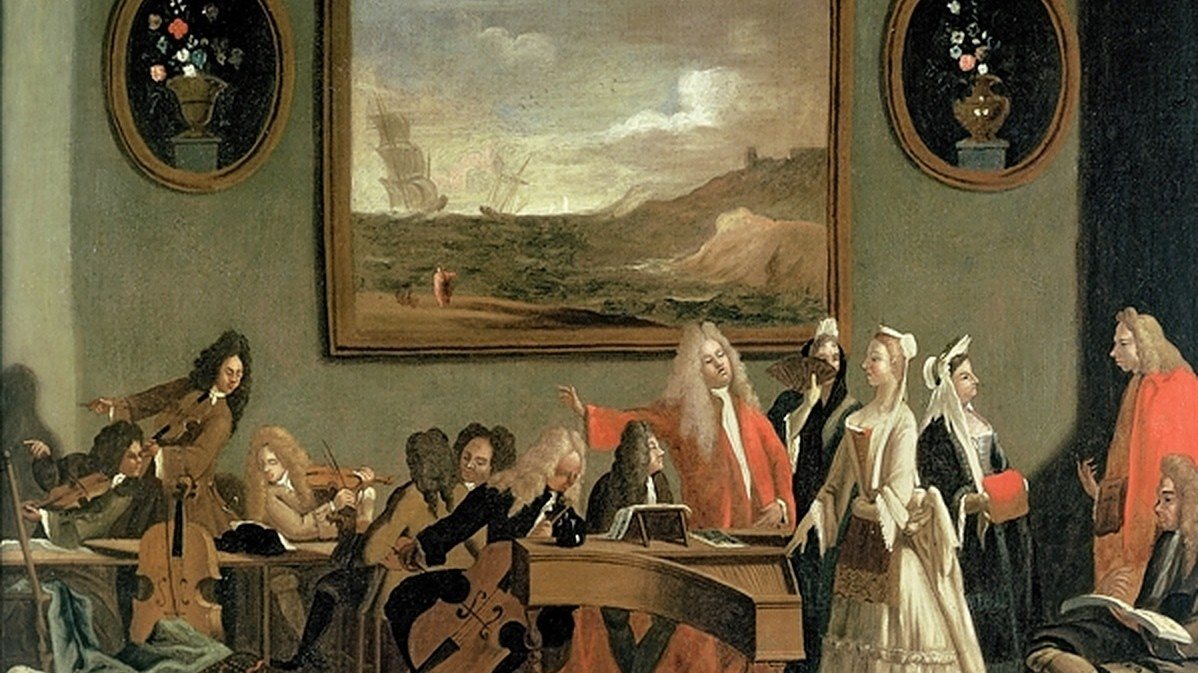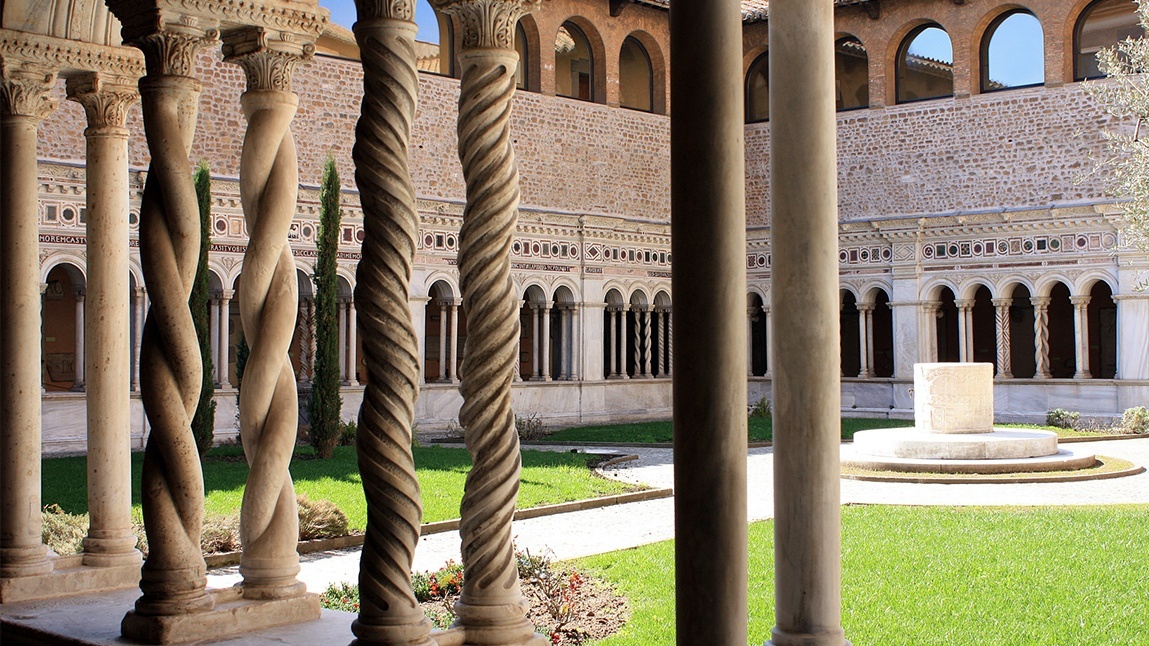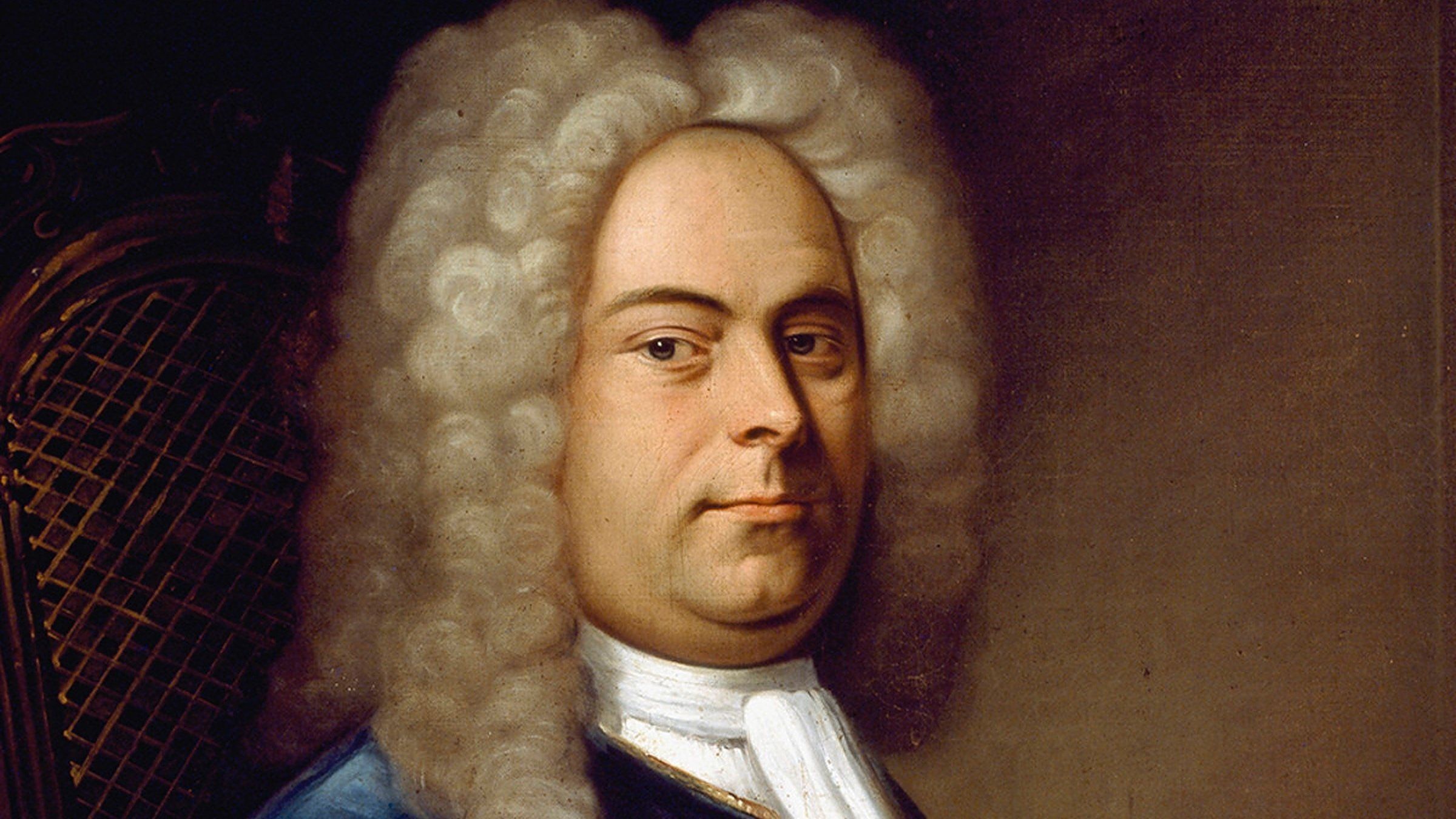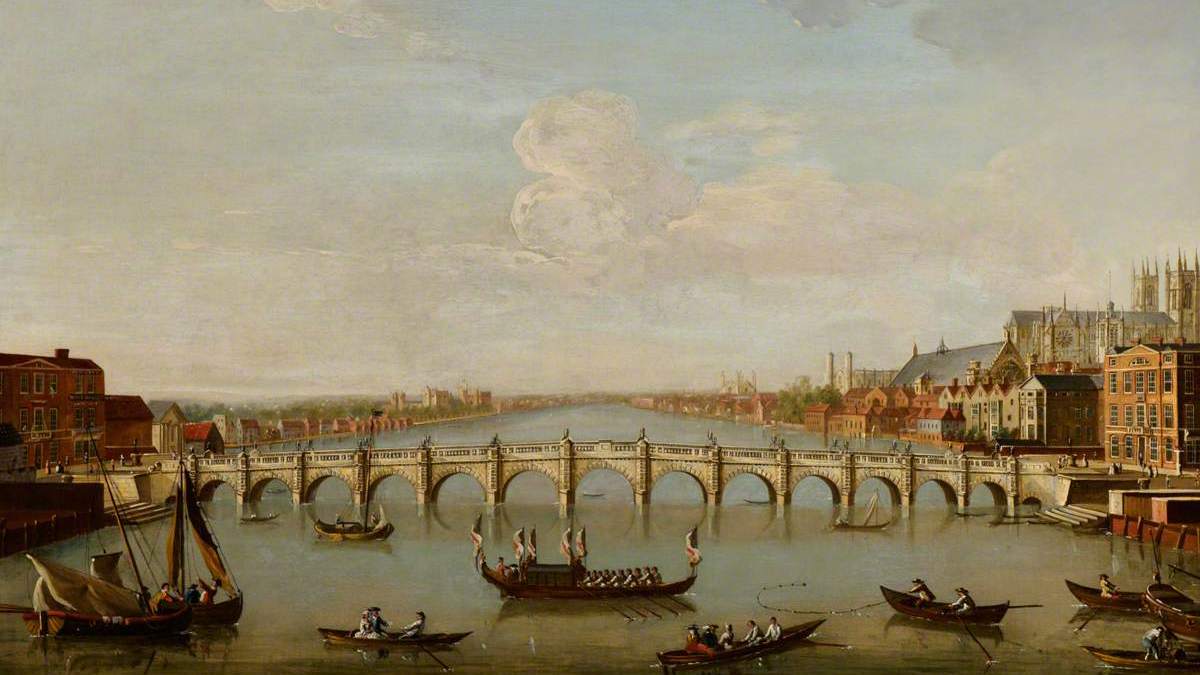Handel’s “What Passion Cannot Music Raise and Quell!”: Sandrine Piau
Saint Cecilia, one of the most famous martyrs of the early church, is the patron saint of music and musicians. Beginning in 1683, musicians in London celebrated Saint Cecilia’s Feast Day, which is November 22 on the Roman Catholic calendar. It was for this occasion that George Frederich Handel composed his cantata, Ode for St. Cecilia’s Day in 1739. The work, which was premiered at London’s Theatre in Lincoln’s Inn Fields, is a setting of a …

